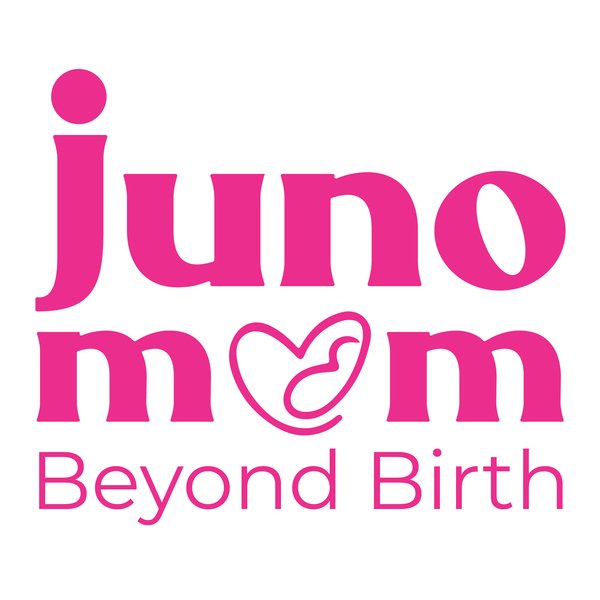Welcome to the beautiful journey of motherhood! As you embrace the joy of holding your little one, your body is simultaneously undergoing a remarkable transformation. Proper nutrition and hydration are essential during this postpartum period to ensure a speedy recovery and to provide the best nourishment for your baby. So, let's dive into how nutrition helps postpartum recovery.

The Importance of Postpartum Nutrition
During the postpartum period, your body needs a higher intake of nutrients to heal and produce milk for breastfeeding. Consuming a balanced diet rich in vitamins, minerals, and macronutrients is key to regaining strength and energy.

Key Nutrients for Postpartum Recovery
The Role of Hydration in Postpartum Healing
Staying hydrated is equally important. Water is vital in maintaining bodily functions, aiding digestion, and ensuring sufficient milk production.

Note that no evidence shows drinking more fluids increases milk supply. However, dehydration can negatively impact your health and breast milk.
Tips for Staying Hydrated
Aim for at least 8-10 glasses of water daily. Keep a bottle of water handy at all times.
Incorporate fruits and vegetables with high water content, such as cucumbers, oranges, and watermelon.
A Basic Diet Plan for Postpartum Recovery

Here’s a sample diet plan to guide you through your postpartum nutrition journey:
Breakfast- Oatmeal topped with fresh berries and a spoonful of flaxseeds
- A glass of milk or a dairy-free alternative
- A handful of almonds and an apple
- Grilled chicken salad with a variety of colorful veggies, dressed in olive oil and lemon juice
- A whole-grain roll
- Greek yogurt with honey and chopped walnuts
Evening Snack
- Fruit Smoothie: A smoothie made with yogurt, a banana, and a handful of berries, blended with a spoonful of chia seeds.
- Handful of Nuts: Walnuts and cashews to boost energy.
Dinner
- Khichdi: A bowl of nutritious khichdi made with rice, lentils, and vegetables.
- Vegetable Soup: A bowl of light and soothing vegetable soup.
- Salad: Fresh cucumber and tomato salad with a dash of lemon juice.
Avoiding Common Postpartum Nutritional Pitfalls
With a newborn, it’s easy to forget to eat. Plan ahead with easy-to-prepare snacks and meals. Subsequently, you can also keep some nutritious snacks handy in your room.

While it’s tempting, try to limit sugary and processed foods. They offer little nutritional value and can affect your energy levels.
Proper nutrition and hydration are the cornerstones of a healthy postpartum recovery and successful breastfeeding journey. By focusing on a balanced diet and staying hydrated, you’re taking care of your well-being and ensuring your baby receives the best start in life.
Embrace this transformative time confidently, knowing you’re fueling your body for optimal health and healing.
Remember, every mom’s journey is unique. Listen to your body, consult with healthcare professionals, and enjoy the beautiful experience of motherhood.


